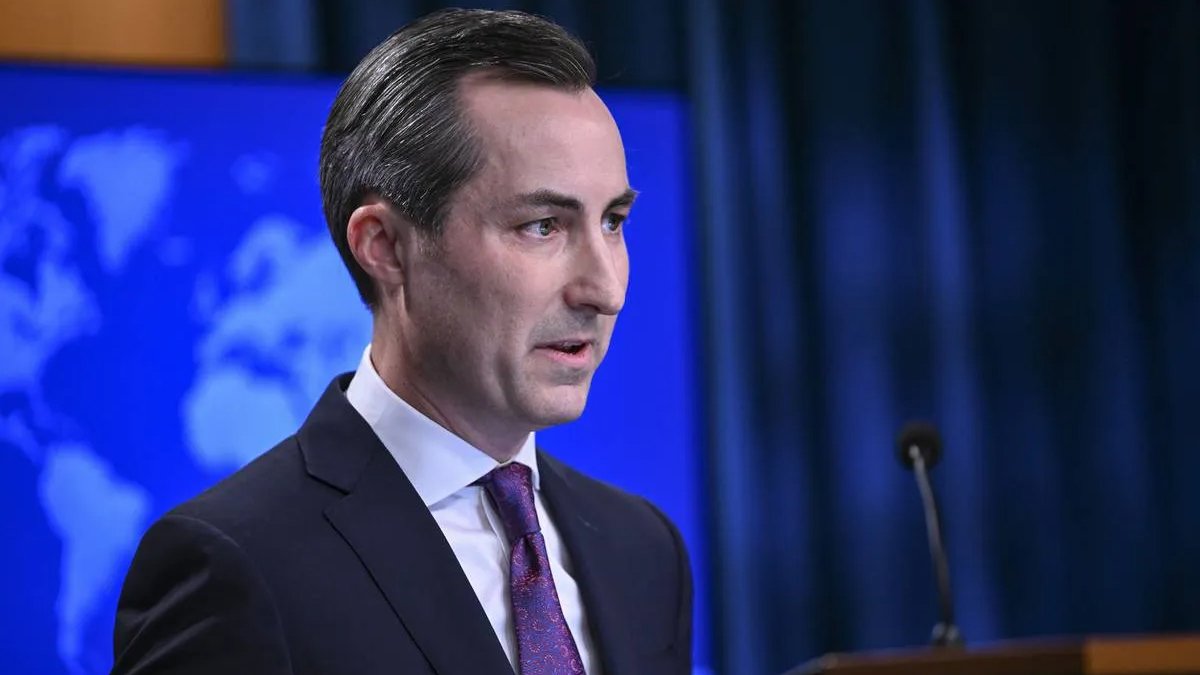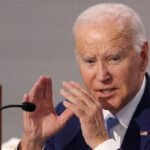The United States has condemned the threats American Ambassador Peter Haas received from several grassroots-level ruling party leaders, and said such comments towards the diplomat are “unacceptable”.
The safety of American diplomats overseas was a “top priority”, Matthew Miller, a spokesman for the US Department of State, said at a media briefing in Washington on Thursday, reports bdnews24.com.
“We take any threats against them very seriously. Violence or threats of violence directed at our diplomatic personnel is unacceptable,” he said, responding to a question.
Last week, Mujibul Haque Chowdhury, the chairman of Chambal Union in Chattogram’s Banshkhali Upazila and convenor of the Awami League’s local unit, threatened to physically assault the US ambassador during a meeting against BNP’s anti-government movement. Later Faridul Alam, senior vice president of the Awami League at Moheshkhali Upazila, threatened to kill Haas. Video footage of his speech went viral on social media.
Haas, who expressed concerns over the safety and security of his colleagues at the embassy and himself, said he would raise the matter with Awami League General Secretary Obaidul Quader.
On Friday, Miller said: “We have repeatedly raised our concerns about the threatening rhetoric directed at Ambassador Haas with the Bangladeshi government.”
“Would remind them that they have an obligation under the Vienna Convention on Diplomatic Relations to ensure the safety and security of US diplomatic missions and personnel. And we expect them to act on those obligations,” he added.
In December last year, Haas faced security trouble from an organisation called ‘Maayer Kanna’ at a programme in Shahinbagh. Haas concluded the meeting early and later spoke to Foreign Minister AK Abdul Momen about his concerns.
Haas questioned security measures after Bangladesh had withdrawn some extra personnel used for the safety of the diplomats from some countries, including the US, in May.
Prime Minister Sheikh Hasina then explained that the government took the measure after other countries had started demanding extra security personnel.







